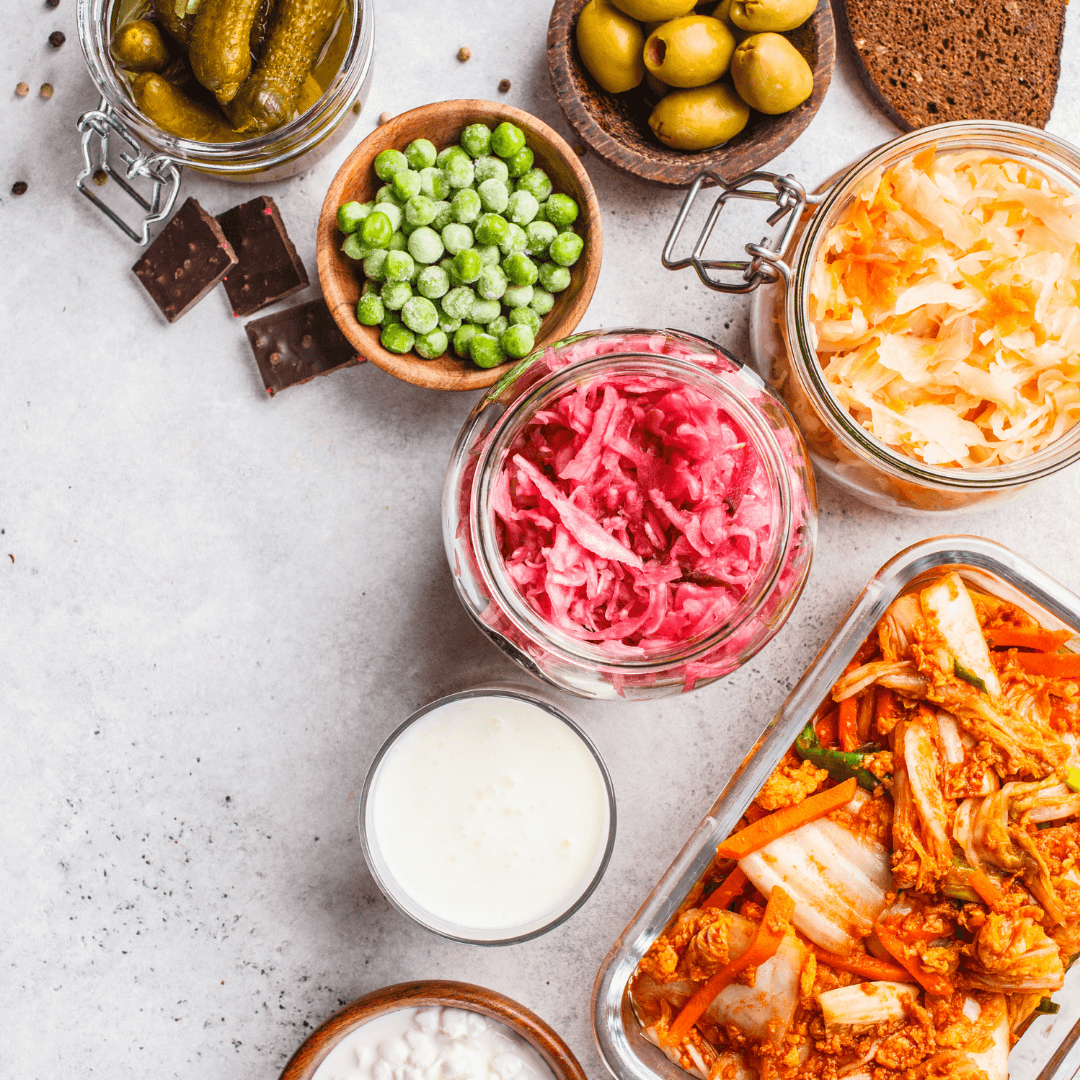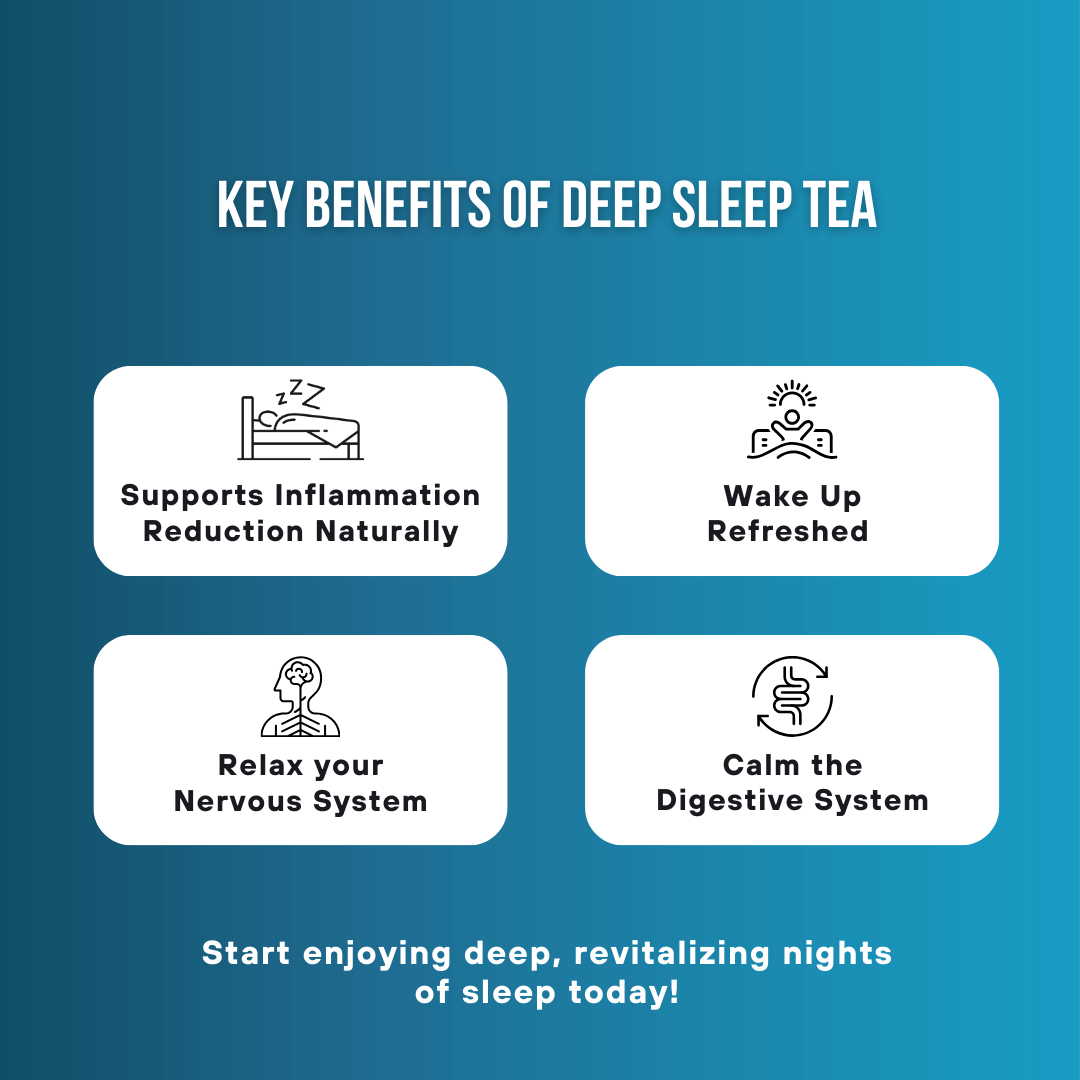Microbiome and Neuroinflammation: The Gut-Brain Link
How a Healthy Gut Can Protect Your Brain from Inflammation
The connection between the gut and the brain, often called the "gut-brain axis," is one of the most exciting fields in modern health research. At the heart of this connection lies the microbiome—a complex ecosystem of trillions of bacteria, fungi, and other microorganisms living in your digestive tract. This microbiome does far more than aid in digestion; it plays a critical role in mental health, brain function, and even in preventing neuroinflammation.
This article will explore how maintaining a healthy microbiome can reduce inflammation in the brain, prevent chronic conditions, and improve overall well-being. We’ll also share actionable strategies, including probiotic-rich foods, lifestyle changes, and the use of gut-health supplements like Fusionary Formulas' products to support a thriving gut-brain connection.
Understanding Neuroinflammation and the Gut-Brain Axis
Neuroinflammation refers to inflammation within the brain and central nervous system. While acute inflammation is a natural response to injury, chronic neuroinflammation can disrupt brain function and lead to long-term conditions like depression, anxiety, Alzheimer’s, and Parkinson’s disease.

Recent research has revealed a fascinating link between the gut microbiome and neuroinflammation. The gut and brain communicate through the vagus nerve, hormonal signals, and metabolites produced by gut bacteria. When your gut microbiome is out of balance—a state known as dysbiosis—it can trigger chronic inflammation, impacting both your digestive system and brain health.
Signs of an Unhealthy Gut-Brain Connection
When the microbiome and brain communication are disrupted, you may notice:

- Digestive issues like bloating, diarrhea, or constipation
- Brain fog or difficulty concentrating
- Mood disorders such as anxiety or depression
- Poor sleep quality or insomnia
- Increased susceptibility to chronic inflammation or autoimmune conditions
The good news? By optimizing your microbiome, you can help protect your brain and reduce the risk of neuroinflammation.
The Role of Probiotics and Prebiotics in Gut Health
Probiotics (live beneficial bacteria) and prebiotics (the food that nourishes these bacteria) are key players in maintaining a healthy microbiome. They not only support digestion but also produce metabolites like short-chain fatty acids (SCFAs) that have anti-inflammatory effects on the brain.
Here’s how you can incorporate them into your diet:
- Probiotic-rich foods: Yogurt with live cultures, kefir, kimchi, sauerkraut, miso, and kombucha are excellent sources.
- Prebiotic-rich foods: Garlic, onions, asparagus, bananas, and oats are high in fiber that feeds good bacteria.
Pro Tip: Supplements like Fusionary Formulas' Turmeric Gold can work synergistically with probiotics to support a healthy inflammatory response and promote gut health
How Gut-Healthy Foods Reduce Neuroinflammation
A diet rich in anti-inflammatory and gut-supporting foods can balance your microbiome and reduce the risk of neuroinflammation. Here’s what to include:

1. Omega-3 Fatty Acids
Found in fatty fish like salmon, walnuts, and chia seeds, omega-3s support brain health and reduce inflammatory markers.
2. High-Fiber Foods
Whole grains, legumes, fruits, and vegetables improve gut bacteria diversity, which is essential for gut-brain communication.
3. Polyphenol-Rich Foods
Foods like berries, green tea, and dark chocolate are packed with antioxidants that protect brain cells from oxidative stress.
4. Curcumin from Turmeric
The active compound in turmeric, curcumin, has been shown to cross the blood-brain barrier and reduce neuroinflammation. Incorporating turmeric into your meals or taking it as a supplement can provide substantial benefits.
Learn more about how turmeric supports brain and joint health in our blog post: Turmeric and Joint Health.
Supplements for a Thriving Gut-Brain Connection
While a healthy diet is the foundation of gut-brain health, supplements can provide targeted support. Some of the best options include:
1. Probiotic Supplements
High-quality probiotics containing multiple strains of beneficial bacteria can replenish your microbiome. Look for strains like Lactobacillus and Bifidobacterium.
2. Turmeric and Curcumin Supplements
Fusionary Formulas’ Inflammation Relief combines curcumin with bioavailable ingredients like black pepper for maximum effects.
3. Ashwagandha
This adaptogenic herb not only helps maintain healthy cortisol levels but also supports gut health by promoting a balanced stress response. Learn more about our Sweet Dreams Bundle, which supports relaxation, gut health, and overall brain function.
Lifestyle Strategies to Optimize Your Gut-Brain Axis
In addition to diet and supplements, these lifestyle strategies can further improve your gut-brain health:
1. Manage Stress
Chronic stress disrupts the gut-brain axis by altering gut bacteria composition. Practices like meditation, yoga, and breathing exercises can lower stress levels.
2. Get Quality Sleep
Poor sleep increases inflammation and disrupts gut health. Aim for 7-8 hours of restful sleep each night to support brain recovery and gut function.

For more tips on natural sleep remedies, check out this WebMD Guide to Better Sleep.
3. Exercise Regularly
Moderate exercise promotes a diverse microbiome and releases anti-inflammatory molecules. Activities like walking, swimming, and strength training are especially beneficial.
4. Avoid Antibiotic Overuse
Antibiotics can deplete beneficial gut bacteria, so use them only when necessary and follow up with probiotics to restore balance.
Conclusion: Nourish Your Gut, Protect Your Brain
The health of your gut and brain are deeply intertwined, and nurturing this connection is key to preventing chronic inflammation and promoting overall well-being. By incorporating anti-inflammatory foods, probiotics, and supplements like Turmeric Gold into your routine, you can take proactive steps to maintain a thriving microbiome and a healthy brain.
Remember, small lifestyle changes—like managing stress, eating nutrient-rich foods, and staying active—can make a profound difference in your gut-brain health.
Take control of your health today and explore Fusionary Formulas’ range of supplements designed to empower your wellness journey. Embrace the power of the gut-brain connection and unlock vitality from within.







